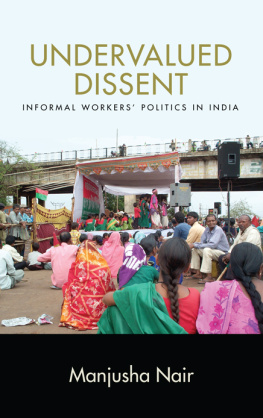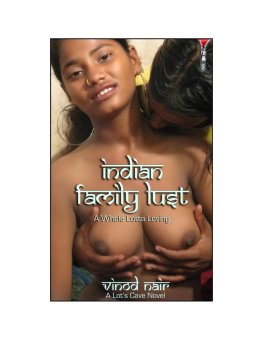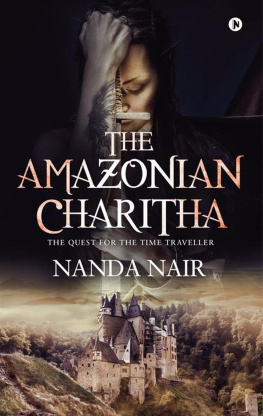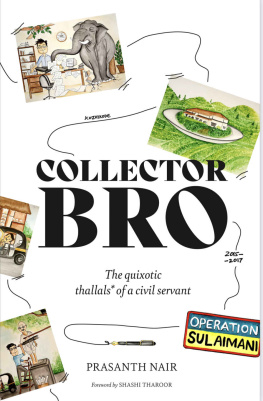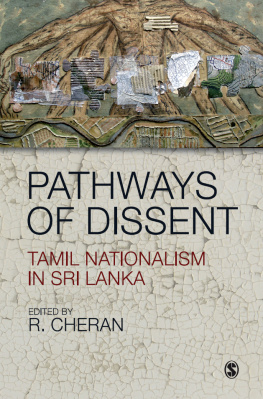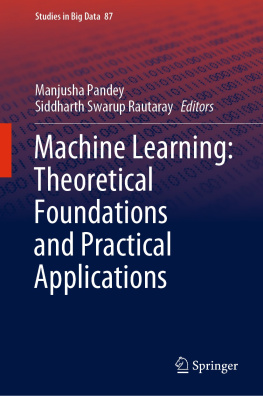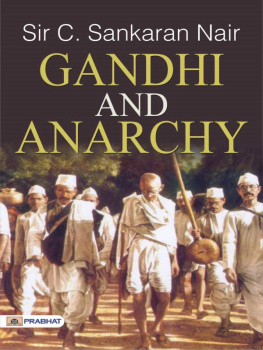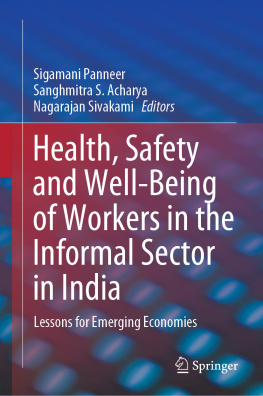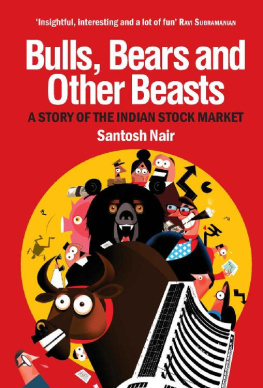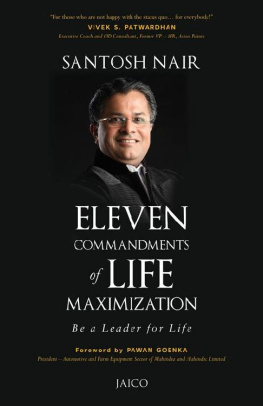Published by State University of New York Press, Albany
2016 State University of New York
All rights reserved
Printed in the United States of America
No part of this book may be used or reproduced in any manner whatsoever without written permission. No part of this book may be stored in a retrieval system or transmitted in any form or by any means including electronic, electrostatic, magnetic tape, mechanical, photocopying, recording, or otherwise without the prior permission in writing of the publisher.
For information, contact State University of New York Press, Albany, NY
www.sunypress.edu
Production, Emily Keneston
Marketing, Kate R. Seburyamo
Library of Congress Cataloging-in-Publication Data
Names: Nair, Manjusha, author.
Title: Undervalued dissent : informal workers politics in India / Manjusha Nair.
Description: Albany : State University of New York Press, [2016] | Series: SUNY series in global modernity | Includes bibliographical references and index. | Description based on print version record and CIP data provided by publisher; resource not viewed.
Identifiers: LCCN 2016014401 (print) | LCCN 2016007285 (ebook) | ISBN 9781438462479 (e-book) | ISBN 9781438462455 (hardcover : alk. paper)
Subjects: LCSH: Labor movementPolitical aspectsIndiaHistory20th century. | Labor unionsIndiaHistory20th century. | Industrial relationsIndiaHistory20th century. | Labor policyIndiaHistory20th century. | IndiaPolitics and government1977
Classification: LCC HD8686.5 (print) | LCC HD8686.5.N25 2016 (ebook) | DDC 322/.20954dc23
LC record available at http://lccn.loc.gov/2016014401
10 9 8 7 6 5 4 3 2 1
To my maternal grandmother
Acknowledgments
This book would not have been possible without the kind support of a myriad of individuals and institutions. I am grateful to Jzsef Brcz for his mentorship for over fifteen years. I was a naive graduate student when I joined Rutgers University and Jzsef has inspired me to be a rigorous academic and to produce scholarship that is original. Gay Seidman has supported my professional life in manifold ways. Ethel Brookss enthusiasm has enlivened my graduate life experience, and Robyn Rodriguez has skillfully balanced her roles as mentor and friend. Paul McLean has been a genuine supporter of my academic efforts. I thank all of them wholeheartedly for molding me into a mature scholar.
During my graduate student life at Rutgers, I have been fortunate to have interacted with numerous individuals in New York, New Jersey, and the wider United States. Associations with Charles Tilly, Ann Mische, Mahua Sarkar, James Jasper, A. Aneesh, Jayeeta Sharma, Phaedra Daipha, Tarini Bedi, Vikash Singh, Elizabeth Williamson, Vanina Leschziner, Sunchul Kim, Sarah Rosenfield, and Dmitry Khodyakov have been profoundly rewarding. John Levi Martin has influenced my thinking more than he knows through the theories of class I read with him. Friendship with Erka Kosta, Bijita Majumdar, Shruti Devgan, King-to Yeung, Alena Alamgir, Bari Mucen, Saurabh Singh, Shilpa Shanbag, Arpita Chakrabarty, Wenbo Lu, Maria Islas, and Dianne Yarnell has been the best I could ask for. Indrani and the late Manabendra Chowdhury provided an extended family home in New York. I am grateful to all of them.
The International Dissertation Research Fellowship from the Social Science Research Council and summer research and travel grants from Rutgers and Princeton Universities made the fieldwork for this book possible. Many institutions and individuals in India and elsewhere assisted in this research, and I am able to name only a few of them here. I specifically thank the librarians and administrators of Jawaharlal Nehru University library, the Central Secretariat library, Ministry of Steel at Udyog Bhavan, Communist Party of India office at Ajoy Bhavan, Nehru Memorial Museum and Library, and the V. V. Giri National Labour Institute. I am grateful to Sudha Bharadwaj, Jonathan Parry, Praveen Jha, Ajay T. G., Arindam and Sanghamitra Chakravarty, V. Kumari Sunitha, Abdul Rahman P. K., Bino Paul, A. R. Venkatachalapathy, Rehana Ali, Sunil, and Reti for helping me at various stages of this research.
I thank Andrew Kenyon, my editor at SUNY Press, for finding value in this book. Two anonymous reviewers of the manuscript gave valuable suggestions to improve the book. I have presented parts of this book at the Market and Modernities Workshop at the University of Toronto, the Contentious Politics Workshop at Columbia University, the Politics and Protest Workshop at CUNY Graduate Center, the Asia Research Institute, and the Longue-dure Comparisons workshop at the National University of Singapore.
Since I moved to my first academic job at the National University of Singapore, I have been lucky enough to find a new intellectual community in Singapore. Interactions with Prasenjit Duara, Vineeta Sinha, Chua Beng Huat, Rahul Mukherji, John Harriss, Gyanesh and Medha Kudaisya, Jean Yeung, Suriani Suratman, and Subrata Mitra have been helpful to my scholarly and professional life. Kurtulu Gemici has been a perfect friend, ally, and listener to ideas. I have learned many a writing skill from the workshop organized by him and Qiushi Feng. Annu Jalais and I continue to mirror each others hearts. Kelvin Low, Noorman Abdullah, and Indira Arumugam remain my faithful triad. Anne Raffin, France Borel, Anjali Mukherji, Emily Chua, Ho Swee Lin, Xiaohong Xu, Xiang Biao, Ivan Kwek, Jeong-Hwa Ho, Sooyeon Kim, Vincent Chua, Malini Sur, Daniel Goh, Ali Kadri, Linda Matar, Kankana Mukhopadhyay, Maunaguru Sidharthan, Subhashish Ray, Kriti Vikram, Arnab Roy Chowdhury, and Himanshu Jha have made life in Singapore pleasant. I extend my gratitude to them.
I thank my family for their unconditional support. My parents-in-law Biren Das and Mira Raha Das and sister-in-law Debjani Das have always encouraged my research and undertook their own kind field visits to cheer me up. My parents Sasidharan Nair and the late Bhavani Amma made the wise choices that have shaped my life. My sister Priya S. Nair has been a flawless partner in crime. My maternal aunt Ambika Devi, uncle Sreekantan Nair, cousin S. Srikanth, and stepmother Soudamini Kutty have been considerate and affectionate. My maternal grandmother Aravindakshy Amma taught me that politics is good and encouraged me to cross boundaries. I dedicate this book to her.
Dhiman Das and I have been together throughout this project, and I cannot delineate what is his and what is my contribution to this book, let alone find words to show gratitude. I can thank him nevertheless for the many services of incalculable value through these years, such as sharing of newsfeeds, twenty-four-hour technical help, and, finally, drawing the map of Chhattisgarh for this book. Our children Aniket and Aditi have added more meaning and purpose to writing books. I love them deeply and think of this book as as much theirs as mine. I thank Ofelia Sible for caring for my children and keeping the household functioning while I was writing this book.


